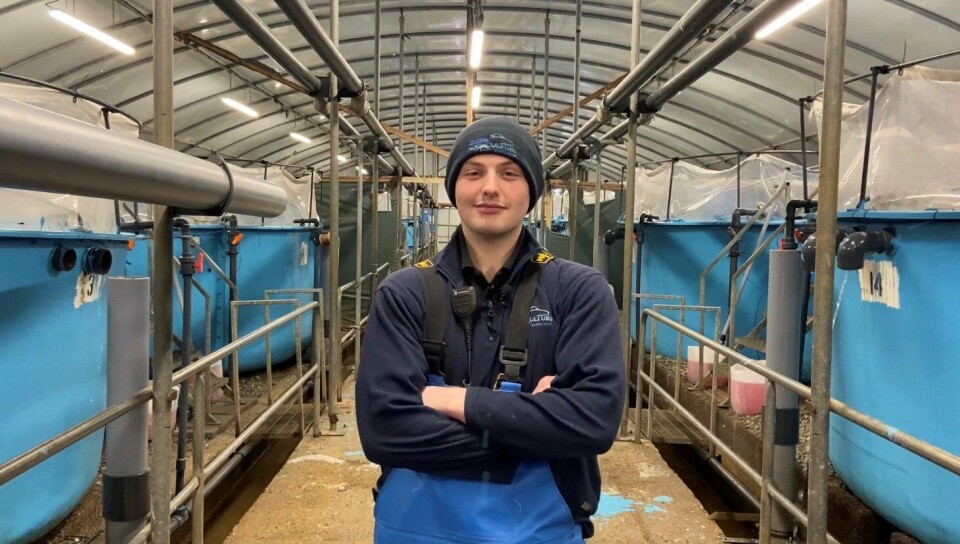
Lantra Scotland opens entry for training awards
Rural skills training organisation Lantra Scotland is now accepting entries for its Awards for Land-based and Aquaculture Skills (ALBAS), which will be presented at an event at the Hilton Dunblane Hydro on March 3 next year.
“While we managed to run our event virtually last year, there’s nothing quite like meeting up with all our finalists, their families, supporters and our industry friends in real life, so we're looking forward to getting your nominations in by Friday, December 3,” Lantra wrote in a news update.
Cooke Aquaculture Scotland freshwater technician Callum Duggan scored a double success at the online ALBAS event in March this year.
Duggan, who has a marine biology degree from Newcastle University, was declared winner of the Aquaculture Learner of the Year award and joint winner of the CARAS (Council for Awards of Agricultural Societies) award for distinguished achievement. He was also runner up for the overall Modern Apprentice of the Year award.
Grieg Seafood Shetland employee Guy Tindall was named as runner-up for the Aquaculture Learner of the Year award. Tindall worked as a fish farm diver for ten years before switching to a surface role. He is now a marine senior husbandry technician looking after biosecurity and containment.
New approach
Lantra is working with Skills Development Scotland on a new approach to developing qualifications and apprenticeship frameworks, starting with aquaculture.
It will reflect industry good practice and effective strategic networking around learning and skills development.
Lantra’s initial objective has been to identify what apprentices actually do each day in the workplace, and then to draft a suite of relevant “Work Situations” with help from current and recent trainees. Listing day-to-day tasks and associated activities alongside the knowledge and understanding required to carry them out effectively, they will relate to entry, supervisory and management level roles. The Work Situations also relate to National Occupational Standards, Scottish Vocational Qualifications, job adverts and job descriptions, and survey feedback.
The next phase will be to establish a group of employers to review and finalise the Work Situations and help steer the development of “occupational profiles”, apprenticeship standards and frameworks. Another group will help to develop the qualifications for those apprenticeships.























































